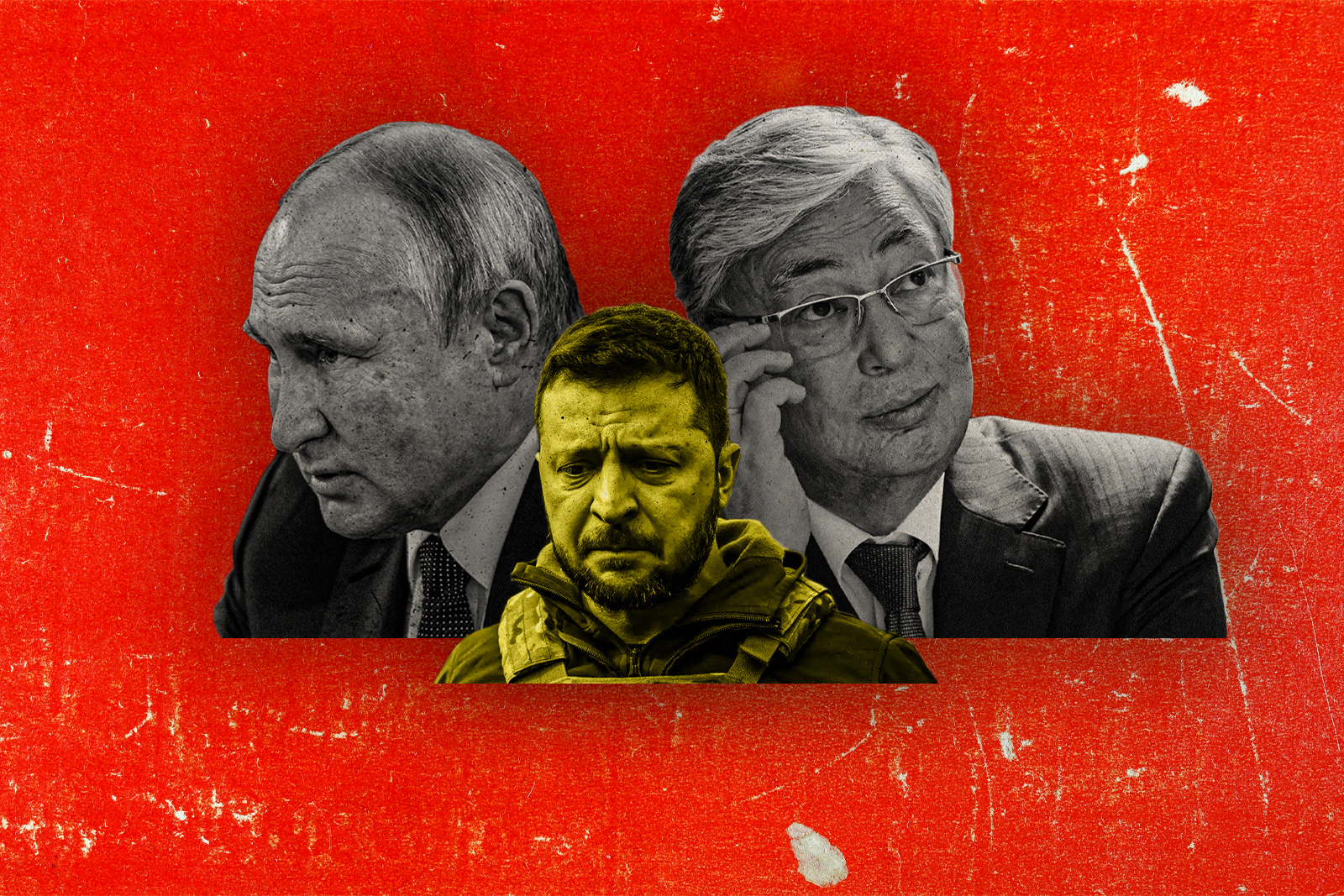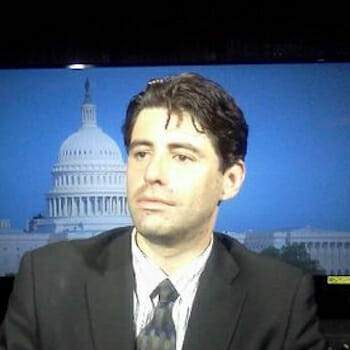
Russia is Burning all Sorts of Bridges
Dmitry Medvedev, Russia’s former president, made headlines in early August when he published a lengthy statement that labeled Kazakhstan as an “artificial state” and warned Nur-Sultan of a Ukraine-like scenario. Unfortunately, rather than constructive and bridge-building, comments like these continue to create a divide between Russia and its allies.
Medvedev’s statement was made via his Vkontakte account to his 2.2 million followers, in which he accused Kazakhstan of carrying out a “genocide” against ethnic Russians who live in northern Kazakhstan via resettlement policies. Moreover, he warned that Russia would protect ethnic Russians and alluded to the current war in Ukraine. However, the statement was deleted days later, and Medvedev’s team issued another statement explaining that the account was hacked.
Kazakhstan has remained largely neutral during the war in Ukraine. Nur-Sultan has not recognized the Ukrainian separatist regions, nor has the country voted against Moscow at the United Nations. High-level meetings continue as well. Russian President Vladimir Putin and Kassym-Jomart Tokayev, Kazakhstan’s president, met in June during the St. Petersburg International Economic Forum. In mid-September, Putin is slated to attend a regional summit in Uzbekistan where he will likely cross paths with Tokayev.
After the dissolution of the Soviet Union in 1991, there was a sizable ethnic Russian population in Kazakhstan, estimated at 37% of the total population at the time. However, since then, the number has drastically reduced due to migration, as ethnic Russians decided to move elsewhere, primarily back to Russia, due to benefits offered by Moscow for resettlement projects. Currently, an estimated 18% of ethnic Russians live in northern Kazakhstan, out of a total population of 19 million. For the record, Kazakhs constitute 69.03%. However, there was never a state-sponsored plan to force ethnic Russians out of the country.
What seems to be happening is that Medvedev and other Russian policymakers and peripheral figures are suggesting potential justifications for a hypothetical future operation in Kazakhstan. While this is unlikely, mainly because the war in Ukraine is far from over, and it’s unlikely Russia could amass the necessary men and equipment for such an invasion, such statements from a former Russian president are problematic. Obviously, they do not help maintain cordial bilateral relations.
This is not the first time a former member of the Soviet Union has been threatened since the war in Ukraine started. In early September, Sergei Lavrov, Russia’s foreign minister, threatened Moldova if Russian military personnel, including the so-called peacekeepers stationed in Transnistria, were attacked. Azerbaijan also received a similar threat from a Russian policymaker in March.
Other prominent Russians have also criticized Kazakhstan with similar bellicose threats. Tigran Keosayan, the husband of Kremlin mouthpiece Margarita Simonyan, said on his YouTube channel: “Look carefully at what is happening in Ukraine…If you think that you can get away with trying to be so cunning, and imagine that nothing will happen to you, you are mistaken. The world has changed, everything has changed.”
In July, Moscow shut down a terminal of the Caspian Pipeline Consortium, which transports oil from Kazakhstan through Russia to Europe. While the pipeline was eventually re-opened, the economic damage was done.
Anecdotally, just days after Medvedev (or a hacker) issued that vitriolic post on VKontakte, Kazakhstan participated in the multinational exercise Army Games 2022, organized by Moscow which took place in several countries, including Iran, Kazakhstan, Russia, and, for the first time, Venezuela. In other words, defense ties remain strong.
It also appears that Moscow’s comments and actions are meant to scare and convince the leadership of neighboring countries to “fall in line” and be more supportive of Moscow, either vis-à-vis the war in Ukraine, the international sanctions against Russia because of the war, or both.
The obvious problem is that threatening others will encourage them to file divorce papers. While Kazakhstan remains committed to its famous multi-vector foreign policy, where the government looks to maintain cordial and friendly relations with all partners, a curious development occurred in late August when Tokayev went to Azerbaijan to meet with President Ilham Aliyev.
A clip of their meeting has been widely shared online, with users quickly pointing out that during the clip, Tokayev and Aliyev spoke in their nations’ mother tongues, rather than in Russian, the lingua franca of the post-Soviet world. Such a decision is certainly not accidental and was likely a joint decision to demonstrate the ongoing cultural separation of their respective nations from the Soviet legacy.
Since Kazakhstan and Russia remain close partners and allies, particularly in a number of fields, aggressive and threatening statements are highly unhelpful if the goal is to convince the other side into strengthening relations more. If Russia wants to maintain its close and historical partnership with Kazakhstan, its strategy needs some work.
